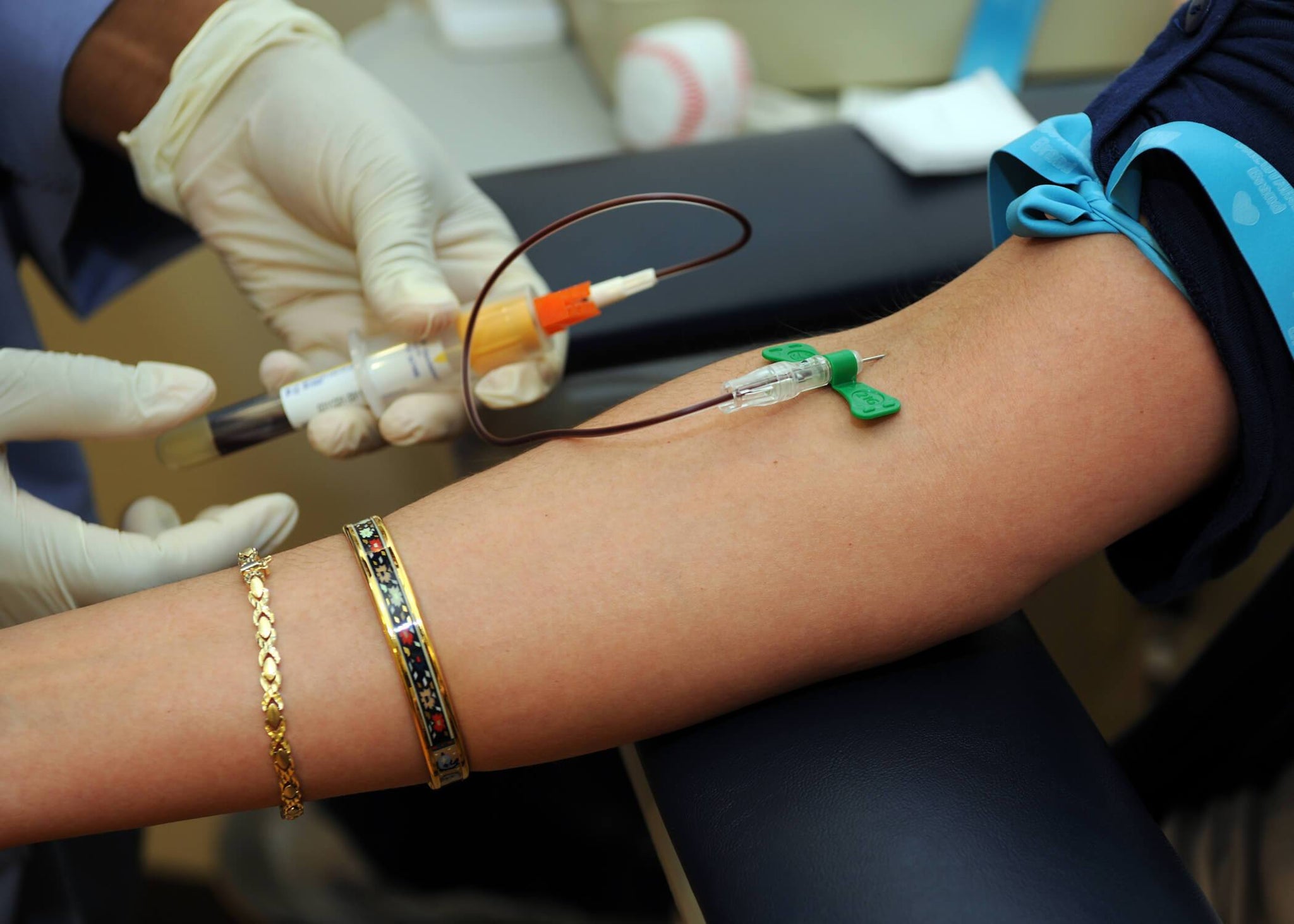A Simple Blood Test Could Alert You to Alzheimer’s

Julie Gregory, a sharp woman in her 50s, is sitting on a time bomb.
The New York Times recently published Gregory’s story who, in a search to find causes for other medical ailments, took a genetic sequencing test that instead showed the gene variant ApoE4, which has a strong connection to Alzheimer’s.
Most Americans who have the ApoE4 variant will develop late-onset dementia. Currently, there is no cure to reverse Alzheimer’s, and there isn’t enough research to show that preventative measures like diet and lifestyle changes have much impact.
How we think of Alzheimer’s is changing. It was once thought to be unpreventable, but researchers are starting to study what can be done to stave off the illness. Early research is indicating that Alzheimer’s could be a result of a combination of poor diet, a sedentary lifestyle, chronic inflammation, or genetics. Other studies show that it could be linked to exposure to certain chemicals or air pollution, and it’s possibly connected to head injuries.
Related Content: 5 Reasons Why Krill Oil is The #1 Omega-3 Supplement For Brain Health
The Future of Testing
Gregory learned of her impending condition through genetic testing, but scientists are close to developing a blood test that could detect early signs of Alzheimer’s. Currently, the other tools at hand that can identify dangerous plaque buildup in the brain are a very expensive PET scan or a spinal tap. A blood test could indicate that thousands, and potentially more, are “pre-Alzheimer’s”.
This goal to create a blood test hasn’t gone unnoticed by influential philanthropist Bill Gates. He himself has a family history of dementia and may be at risk. He has pledged to donate $100 million to fight this insidious disease, and Gates wants to encourage development of “a more reliable, affordable and accessible diagnostic—such as a blood test.”
Related Content: The Future of Brain Injury Treatment, TBI and Concussions
A Widespread Affliction
Alzheimer’s is a progressive brain disorder that is the most common cause of dementia. An estimated 5.5 million Americans have Alzheimer’s dementia, with a small percentage of those under the age of 65.

But what kind of impact will this type of test have and how will people cope with this information about their medical futures? On one hand, you may turn into an advocate for Alzheimer’s research and experimental preventative measures. On the other hand, you may want to keep it private and hide this potentially devastating news.
Neurologist David Holtzman has researched the ApoE4 gene for 25 years but has not tested himself. He doesn’t yet see the point, as there is no drug or proven lifestyle changes that can make a difference. However, he goes on to say that catching Alzheimer’s at its earliest stages will guide research towards defeating it.
Related Content: Is PQQ The Ultimate Anti-Aging "Vitamin" For Your Brain?
Time to Talk About It
There are social stigmas surrounding dementia. It’s hard to talk about, and the fact is, Alzheimer’s sufferers can’t advocate for themselves after a certain point. Jason Karlawish is a professor of medicine at the University of Pennsylvania who studies how high-risk individuals cope with that knowledge, and he says that, “We have to make it socially acceptable to talk about having risk of getting dementia.” As our information changes, society’s reaction has to change, too.
Gregory and a few other gene carriers formed a nonprofit and an online community (ApoE4.info) that now has over 2,000 members. Gregory believes that this community can band together and share information and resources to have a fighting chance. Their website states, “The current advice from experts for E4 carriers is wildly contradictory. We soon learned that we are genetic pioneers, modern day canaries in the coal mine, searching for and testing out strategies.”
It’s estimated that 25-50% of people will start to show signs of Alzheimer’s by the time they are 85. An early test for Alzheimer’s would increase awareness and reveal a generation of advocates who can push for more funding for a cure.










